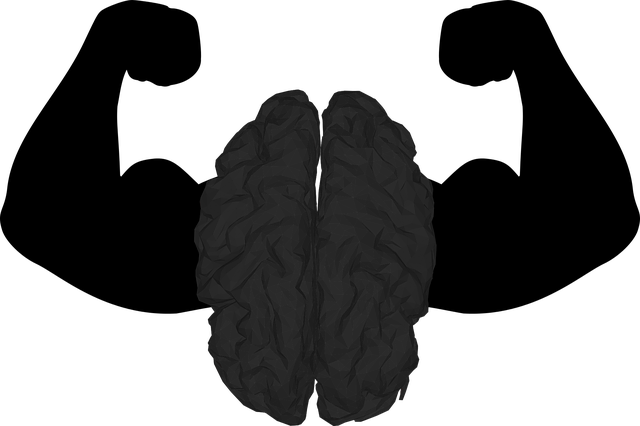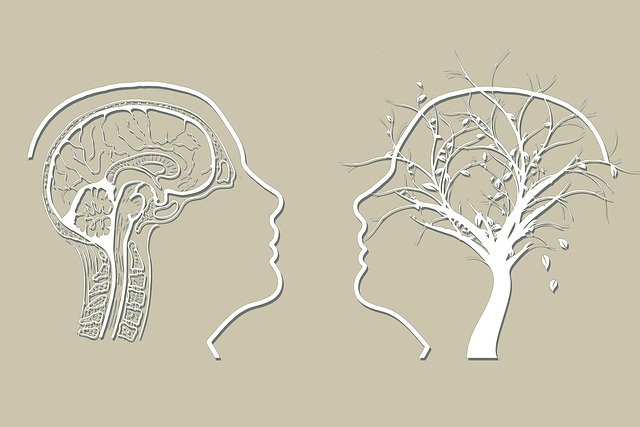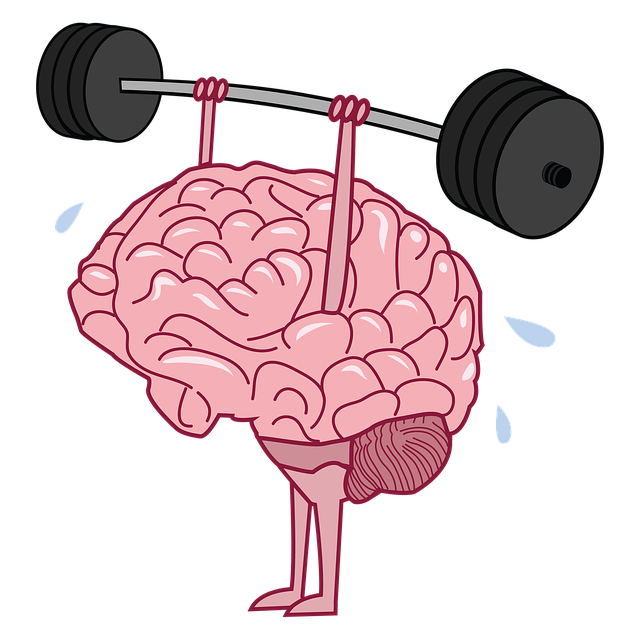Colorado Springs Geriatrics Therapy employs a strategic risk management plan tailored to older adults' unique challenges, such as cognitive decline and social isolation. By assessing past trauma, current stressors, and coping mechanisms, therapists identify hidden risks and strengths, fostering resilience and positive thinking. They adopt comprehensive strategies including environmental assessments, emotional well-being evaluations, and holistic approaches like stress management workshops and training on resilience and burnout prevention. Regular self-awareness exercises and community outreach programs further enhance the safety and inclusivity of their environment, ensuring high-quality mental health care for both staff and patients.
Mental health professionals must implement robust risk management planning to ensure patient safety and well-being. This article explores essential strategies through real-world examples at Colorado Springs Geriatrics Therapy. We delve into understanding risk assessment, identifying potential hazards, developing comprehensive plans, and implementing mitigation strategies. Continuous monitoring and improvement are vital, as demonstrated by the successful navigation of risks at this leading facility.
- Understanding Risk Assessment in Mental Health Practice
- Identifying Potential Risks and Hazards at Colorado Springs Geriatrics Therapy
- Developing a Comprehensive Risk Management Plan
- Implementing Strategies for Mitigating Risks
- Continuous Monitoring, Review, and Improvement
Understanding Risk Assessment in Mental Health Practice

Mental health professionals are well aware that risk assessment is a critical component of effective care planning. It involves identifying potential hazards and vulnerabilities within an individual’s mental health landscape, allowing for proactive interventions. In the context of Colorado Springs Geriatrics Therapy, this process is essential as it enables therapists to tailor treatments for older adults, who may face unique challenges such as cognitive decline or social isolation. By assessing factors like past trauma, current stressors, and coping mechanisms, professionals can uncover hidden risks that might impact a client’s well-being.
The assessment goes beyond simply identifying problems; it’s about uncovering strengths and resources too. This holistic approach fosters inner strength development and positive thinking—key components in building resilience. Organizations like the Stress Management Workshops offer valuable tools and strategies to enhance these processes, ensuring mental health professionals are equipped with the latest techniques for comprehensive risk management.
Identifying Potential Risks and Hazards at Colorado Springs Geriatrics Therapy

At Colorado Springs Geriatrics Therapy, identifying potential risks and hazards is a multifaceted process that involves assessing the physical environment as well as the emotional and psychological well-being of both patients and staff. The therapy center, known for its holistic approach to geriatric care, recognizes that mental health professionals face unique challenges daily, requiring robust risk management strategies. These efforts are underpinned by principles of resilience building and emotional intelligence, crucial components in fostering a supportive therapeutic environment.
By prioritizing Mental Health Awareness, Colorado Springs Geriatrics Therapy implements regular staff training sessions focused on stress management, burnout prevention, and effective communication techniques. This proactive approach not only enhances the quality of care but also fortifies the center’s ability to navigate through potential risks, ensuring a safe and nurturing space for both patients and practitioners.
Developing a Comprehensive Risk Management Plan

In the competitive landscape of Colorado Springs Geriatrics Therapy, mental health professionals must be equipped to navigate complex risks and challenges. Developing a comprehensive risk management plan is a proactive step that ensures the well-being of both therapists and their clients. This strategy involves a multi-faceted approach, encompassing stress management techniques, clear ethical guidelines, and access to trauma support services. By integrating coping skills development into their practice, professionals can mitigate burnout prevention while enhancing patient care.
A robust risk management plan should be tailored to individual needs, addressing potential stressors unique to geriatric therapy. Regular training sessions on resilience-building and emotional regulation can empower therapists to handle difficult situations effectively. Moreover, fostering an open dialogue about boundaries and self-care within the profession encourages a supportive work environment, further mitigating risks associated with high-stress practices like Colorado Springs Geriatrics Therapy.
Implementing Strategies for Mitigating Risks

Mental health professionals in Colorado Springs Geriatrics Therapy face unique challenges that demand a thoughtful approach to risk management. Implementing robust strategies for mitigating risks is paramount, especially when addressing complex client needs. These strategies should encompass a multi-faceted approach, integrating evidence-based practices tailored to the specific demographics served. For instance, community outreach program implementation can foster connections and mitigate risks by enhancing accessibility to care, particularly in underserved areas.
Encouraging self-awareness exercises and social skills training among both professionals and clients can significantly reduce potential hazards. These initiatives promote an environment of open communication, fostering better understanding and reducing misunderstandings that may arise due to cultural or generational differences. By prioritizing proactive measures such as these, Colorado Springs Geriatrics Therapy can ensure a safer, more inclusive space for all involved, ultimately enhancing the quality of care provided.
Continuous Monitoring, Review, and Improvement

In the ever-evolving landscape of mental health care, continuous monitoring is paramount for professionals like those at Colorado Springs Geriatrics Therapy. It involves a proactive approach where practitioners regularly assess and evaluate patient outcomes, treatment effectiveness, and emerging trends in the field. By staying abreast of these factors, therapists can adapt their strategies to better serve their clients, ensuring that care plans remain current and relevant. This ongoing process not only enhances service quality but also fosters inner strength development in patients over time.
Regular review sessions facilitate a deeper understanding of what’s working and what needs improvement within the therapeutic framework. These insights are crucial for refining practices and staying ahead of potential challenges. Moreover, engaging in public awareness campaigns development can help spread knowledge about mental wellness, reaching a broader audience. Through continuous monitoring, review, and improvement, Colorado Springs Geriatrics Therapy remains committed to optimizing patient outcomes and contributing to the overall well-being of the community.
Mental health professionals at Colorado Springs Geriatrics Therapy must prioritize risk management planning to ensure a safe and effective working environment. By understanding risk assessment, identifying potential hazards, and developing comprehensive strategies, therapists can mitigate risks effectively. Continuous monitoring, regular review, and a commitment to improvement are key to fostering a culture of safety. This proactive approach not only protects patients but also enhances the overall quality of care provided at Colorado Springs Geriatrics Therapy.














